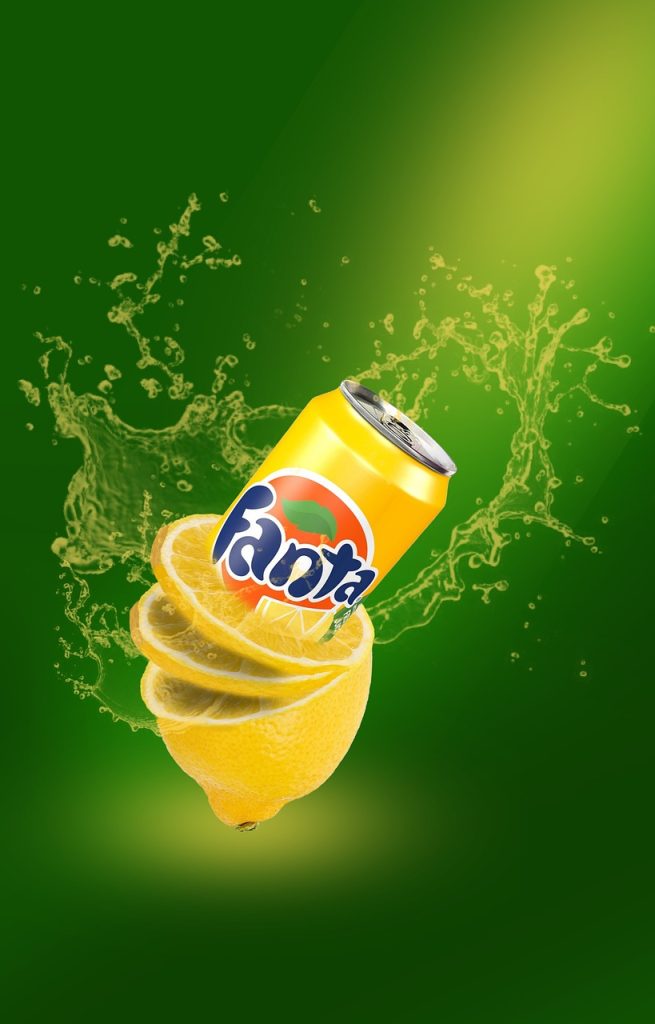The trend of “tinnification” is reshaping the beverage landscape, as consumers increasingly favor the practicality and environmental benefits of canned drinks. Bottled options are losing ground due to their higher costs and potential health concerns, pushing producers to explore the versatility of cans. The concept isn’t novel—canned beverages date back to the 1930s—but modern advancements have refined the process, ensuring drinks maintain their quality without reacting with the packaging as reported by The Guardian.
While canned beer is a staple, the movement has expanded to include cocktails and wines, challenging traditional perceptions. What was once reserved for Provençal rosé or New Zealand sauvignon blanc now encompasses a diverse range, from orange wine to English sparkling. This evolution demonstrates a significant shift in consumer preferences, with cans offering an accessible and sustainable alternative to glass bottles.
The allure of canned drinks lies not just in practicality but also in their alignment with current trends towards sustainability and convenience. As consumers become more environmentally conscious, the recyclability of cans becomes a compelling factor. This shift could signal a broader transformation in how beverages are produced and consumed, with tinnification potentially paving the way for innovations in packaging and distribution.
As the trend continues to grow, it raises questions about how other segments of the food and beverage industry might adapt. Will we see more gourmet or niche products embracing this format? The possibilities seem endless, and this burgeoning trend could redefine how producers approach packaging, encouraging creativity and sustainability.
The rise of tinnification sets the stage for a new era in the beverage industry, challenging norms and pushing boundaries. What other innovations might emerge from this shift, and how will they influence consumer behavior and industry standards? As we embrace these changes, the potential for further transformation is tantalizing, prompting us to consider what the future holds for our favorite drinks.


